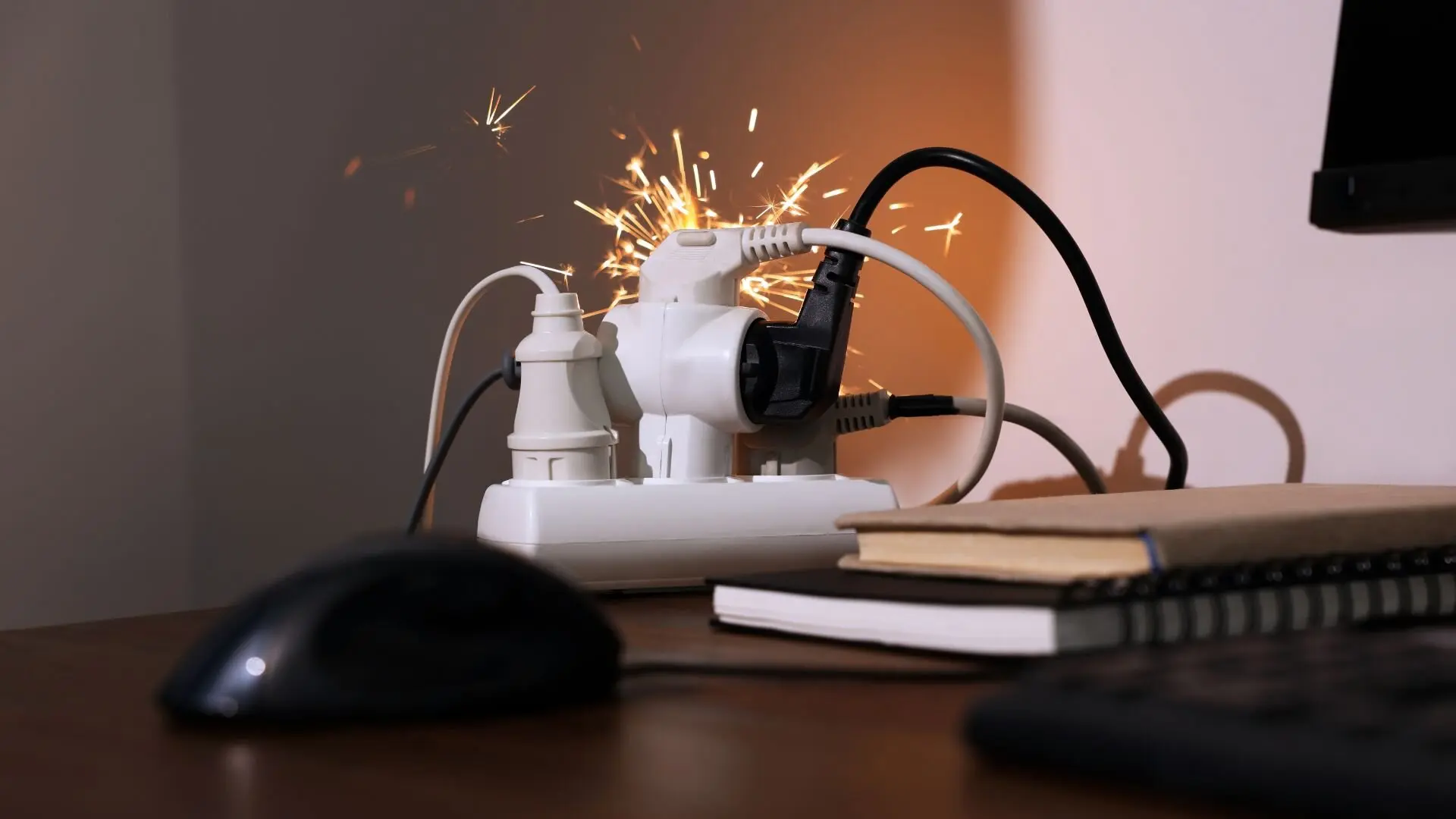
Don’t Overload Your Outlets
Plugging too many devices into a single outlet can create overheating and spark hazards. Power strips may seem convenient, but they are not designed to handle heavy appliances. Overloaded outlets can melt, scorch, or even catch fire if ignored. A good practice is to use only one high-wattage appliance per outlet. If you need more capacity, ask an electrician to install additional outlets or dedicated circuits. This is a safer and more reliable option. Protecting your outlets is a simple step that prevents dangerous outcomes.
Regular Electrical Inspections
Electrical issues often remain hidden until it’s too late. That’s why regular safety inspections are vital. A licensed electrician can check for faulty wiring, outdated panels, and overloaded circuits. Inspections also identify risks like poor grounding or water-damaged outlets. Catching problems early can save you from costly repairs and potential hazards. Most experts recommend a professional inspection every 3–5 years. Older homes or heavily used systems may require more frequent checks. Scheduling routine inspections is an investment in safety and peace of mind.
Use GFCI Outlets in Wet Areas
Water and electricity are a deadly combination. Bathrooms, kitchens, garages, and outdoor spaces should always have GFCI outlets installed. GFCI (Ground Fault Circuit Interrupter) outlets instantly cut off power if they detect irregular current flow. This simple feature can prevent electrocution and protect your family. Installing GFCI outlets is required by modern building codes and should never be overlooked. If your home doesn’t have them in wet areas, it’s time for an upgrade. It’s a small step with a big impact on safety.
Teach Kids About Electrical Safety
Children are naturally curious and may not understand the dangers of electricity. Simple habits like keeping fingers and toys away from outlets should be taught early. Outlet covers are a good way to add extra protection for little ones. Kids should also learn to never touch appliances with wet hands or play with cords. Older children should understand the importance of respecting electrical panels and wires. Educating your family is just as important as proper wiring. Prevention starts with awareness and good habits.
